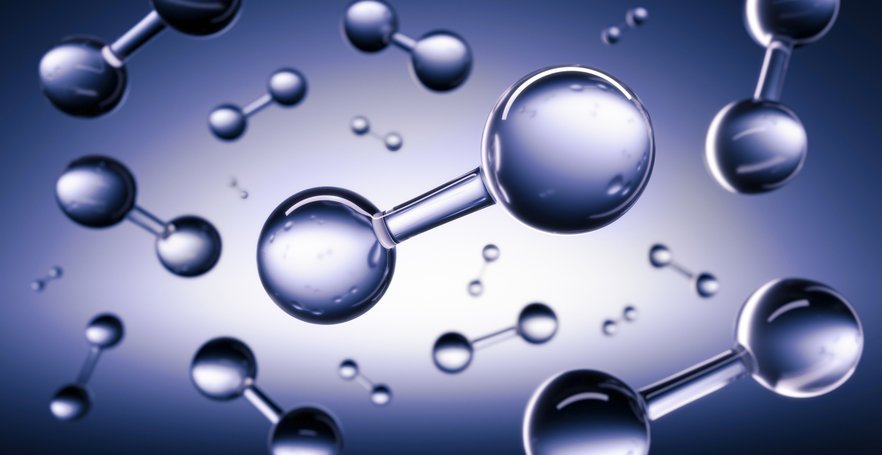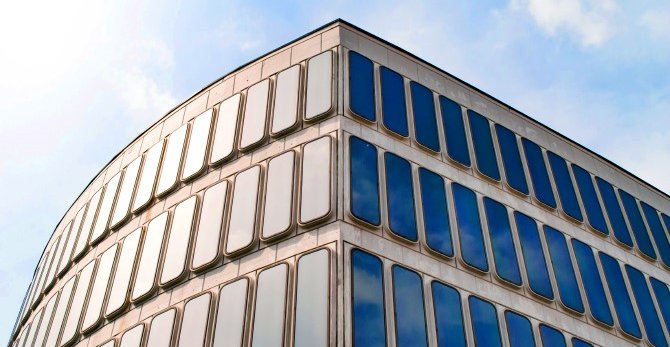The roundtable brought together 16 participants from different types of companies and inspired open conversations about the energy transition and the role of hydrogen. Under Chatham House rules, details of the roundtable participants are not shared externally, and everything said is 'off the record'. We can however share insights by sharing the speakers three takeaways.
According to IEA, Brazil accounts for almost 7% of the planet’s renewable energy production and has long been a leader in biofuels and hydropower technologies. The country is seeking to expand its energy innovation into new technological areas: its National Hydrogen programme and Fuel of the Future programme both place research and development (R&D) among their core pillars.
The Port of Rotterdam is Europe's main import hub for crude oil, oil products and coal, and is fast becoming Europe's hydrogen hub. To this end, the port plans to import renewable energy for Europe's energy supply on a large scale in the form of green hydrogen. The Port of Rotterdam Authority is co-owner of the Port of Pecém. This industrial and logistics hub for north-eastern Brazil offers opportunities for international trade flows and investment from Europe.
The roundtables' three takeaways:
#1. The Netherlands will need to import hydrogen as a key component of its energy supply and will play an important role as transit country due to its import facilities
"Hydrogen imports will be indispensable in the Dutch energy mix in all future energy scenarios. With the development of import facilities, the Netherlands will be a great transit country for hydrogen," says David Wumkes of our Benelux Sustainable Business & Climate Change team.
#2. Brazil wants to become the main exporter of green hydrogen and is working with Dutch organisations to meet EU standards cost-effectively
"Brazil is one of the most competitive places in the world to produce green hydrogen. With its surplus of affordable renewable energy, the country aims to become a net exporter of green hydrogen and ammonia", says Thiago Luiz Pereira da Silva of Vieira Rezende. "Working with Dutch organisations can be a key factor in the value chain process needed to supply this clean resource to Europe at affordable prices, while meeting the low carbon hydrogen standards set by the European Union", adds Camila Borba Lefèvre of Vieira Rezende.
#3. The vital infrastructure at the Port of Rotterdam significantly enhances Brazil's role in the competitive green hydrogen supply chain to Europe
"With its substantial surplus of renewable energy available for export, Brazil positions itself as a prominent player in the highly competitive green hydrogen value chains leading into Europe. This position in the value chain is importantly strengthened by the exceptional infrastructure projects underway at the Port of Rotterdam, which include the needed connections to Europe's primary demand centres", says Corné Hulst of the Port of Rotterdam.
Hydrogen-related matters to discuss?
Our multidisciplinary Hydrogen team gladly assists you with the challenges and opportunities in this field, whether these concern the regulated transport and import of hydrogen carriers, the development and financing of infrastructure and storage capacity, or the conclusion of contracts. Are you interested in discussing any hydrogen-related matter? Do not hesitate to contact our Hydrogen team.


